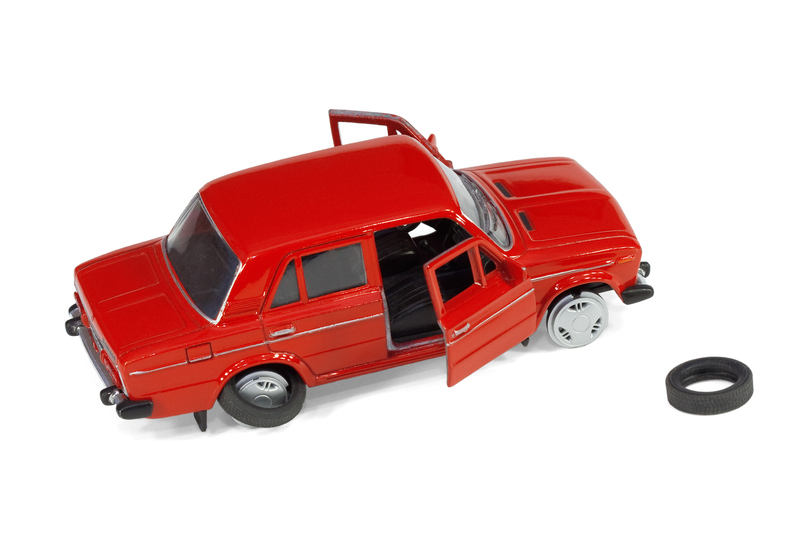Skip Bags for Eco Waste Disposal
Posted on 21/12/2024
With the rise of environmental conscious living, more people are seeking ways to reduce their footprint. One method that's gaining popularity is the use of skip bags for eco waste disposal. Offering a simple, cost-effective, and environmentally friendly way to manage waste, skip bags stand out as a superior option for both residential and commercial use. Let's delve into what skip bags are, their benefits, tips for optimal usage, and more.
What Are Skip Bags?
Skip bags, also known as skip bins or waste bags, are large, durable bags made from fabric material such as polypropylene. They are designed to hold a significant amount of waste and can be used for various types of rubbish, including construction debris, garden waste, and general household trash. Unlike traditional metal skips, skip bags are lightweight, flexible, and easy to store and transport.

Eco-Friendly Benefits of Skip Bags
The environmental benefits of using skip bags are numerous. Here's a closer look at why they are considered an eco-friendly option:
- Reduced carbon footprint: Skip bags are lighter and more compact than traditional skips, reducing transport emissions.
- Reusable and recyclable: Many skip bags are made from recyclable materials and can be reused multiple times, reducing waste.
- Efficient waste segregation: They make it easier to separate recyclable materials from non-recyclable ones.
- Minimal space usage: When not in use, skip bags can be folded and stored, unlike bulky metal skips which occupy significant space.
How to Use Skip Bags for Waste Disposal
Using skip bags efficiently involves a few key steps:
- Choose the right size: Skip bags come in various sizes, so it's crucial to select one that fits your waste volume and type.
- Place the bag correctly: Ensure the skip bag is placed on a flat, stable surface to prevent tipping over.
- Fill responsibly: Avoid overloading the skip bag and ensure that the waste is evenly distributed to maintain balance.
- Dispose of waste properly: Contact a reputable waste disposal service to pick up the filled skip bags and ensure they are disposed of responsibly.
Tips for Maximizing the Use of Skip Bags
To get the most out of your skip bags, consider the following tips:
- Plan your waste disposal: Estimate the volume of waste before you begin your project to avoid needing additional bags.
- Separate recyclables: Keep recyclable materials separate from general waste to simplify the recycling process.
- Store bags properly: When not in use, store skip bags in a dry, shaded area to prolong their lifespan.
- Follow local guidelines: Adhere to your local waste disposal regulations to ensure compliance and avoid fines.
Pros and Cons of Skip Bags
Understanding the advantages and disadvantages of skip bags can help you make an informed decision:
Pros
- Cost-effective: Generally more affordable than traditional skips
- Convenient: Easy to order, use, and dispose of.
- Space-saving: Foldable and easy to store when not in use.
- Eco-friendly: Often reusable and made from recyclable materials.
Cons
- Limited capacity: Cannot hold as much waste as large metal skips.
- Weight restrictions: May not be suitable for extremely heavy or bulky items.
- Vulnerability to weather: Susceptible to damage from harsh weather conditions.

Takeaways
Skip bags are a versatile, eco-friendly solution for waste disposal. They are cost-effective, easy to use, and beneficial for the environment. By planning your waste management strategy and following best practices, you can maximize the utility of skip bags and minimize your environmental impact.
Conclusion
In conclusion, skip bags present a smart and sustainable approach to waste disposal. Whether you're undertaking a small home project or managing waste at a commercial site, skip bags offer a flexible and efficient solution. By understanding their benefits, following usage tips, and being aware of the pros and cons, you can make the most of this eco-friendly waste disposal method.
Latest Posts
Recycling for Environment Health
Start Your Plastic-Free Kitchen Journey
Recycling Polystyrene for a Greener Earth






